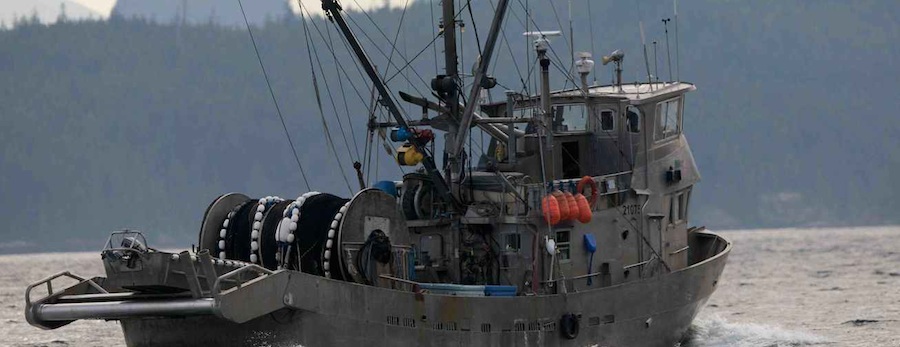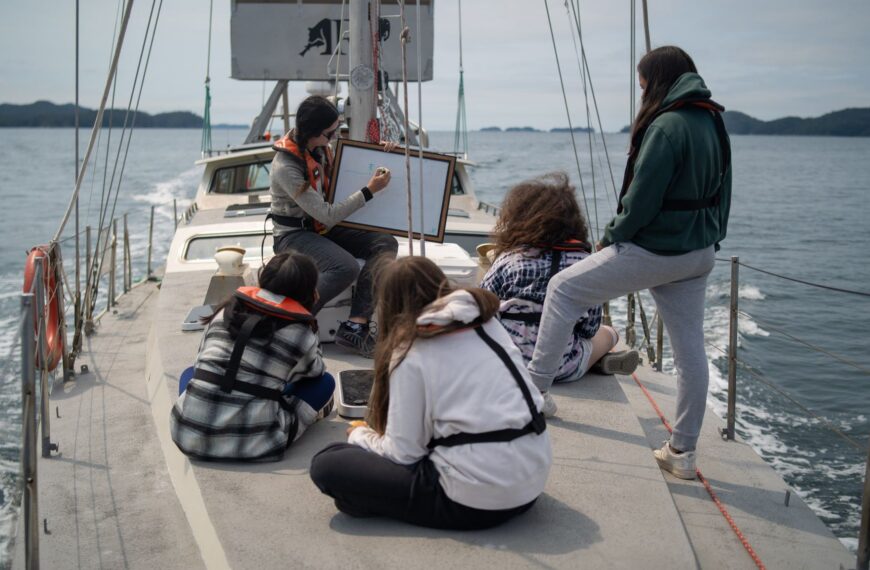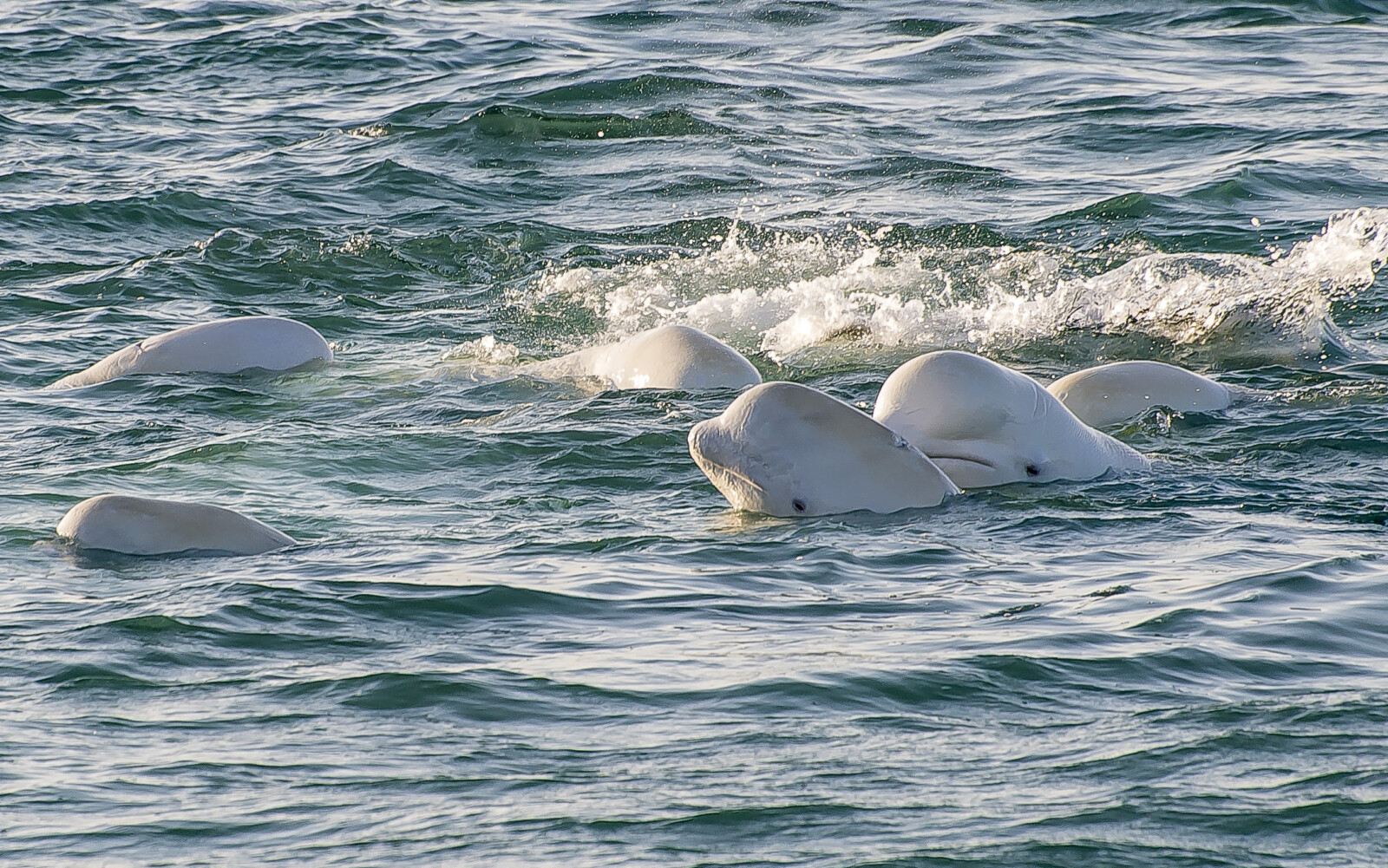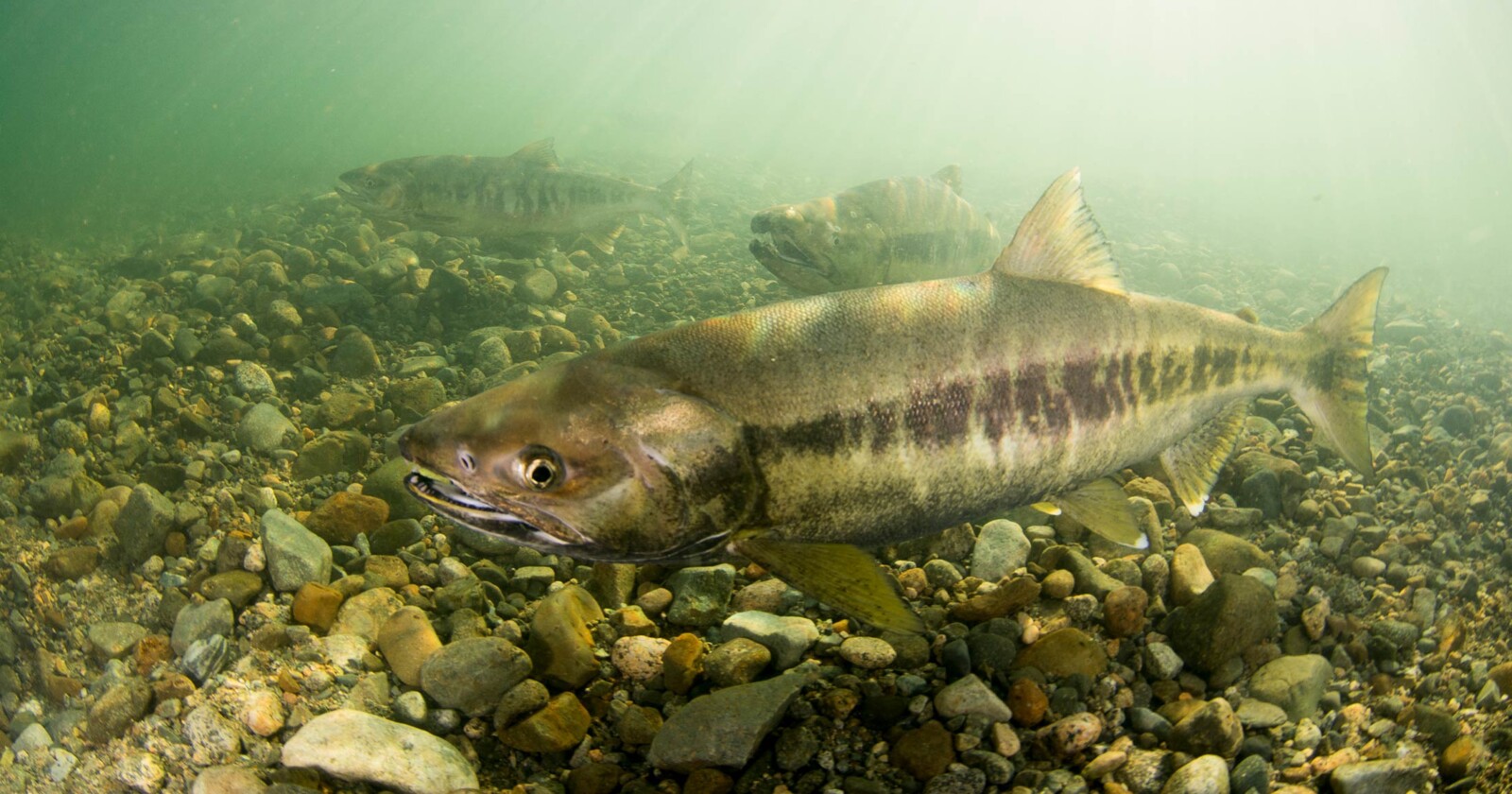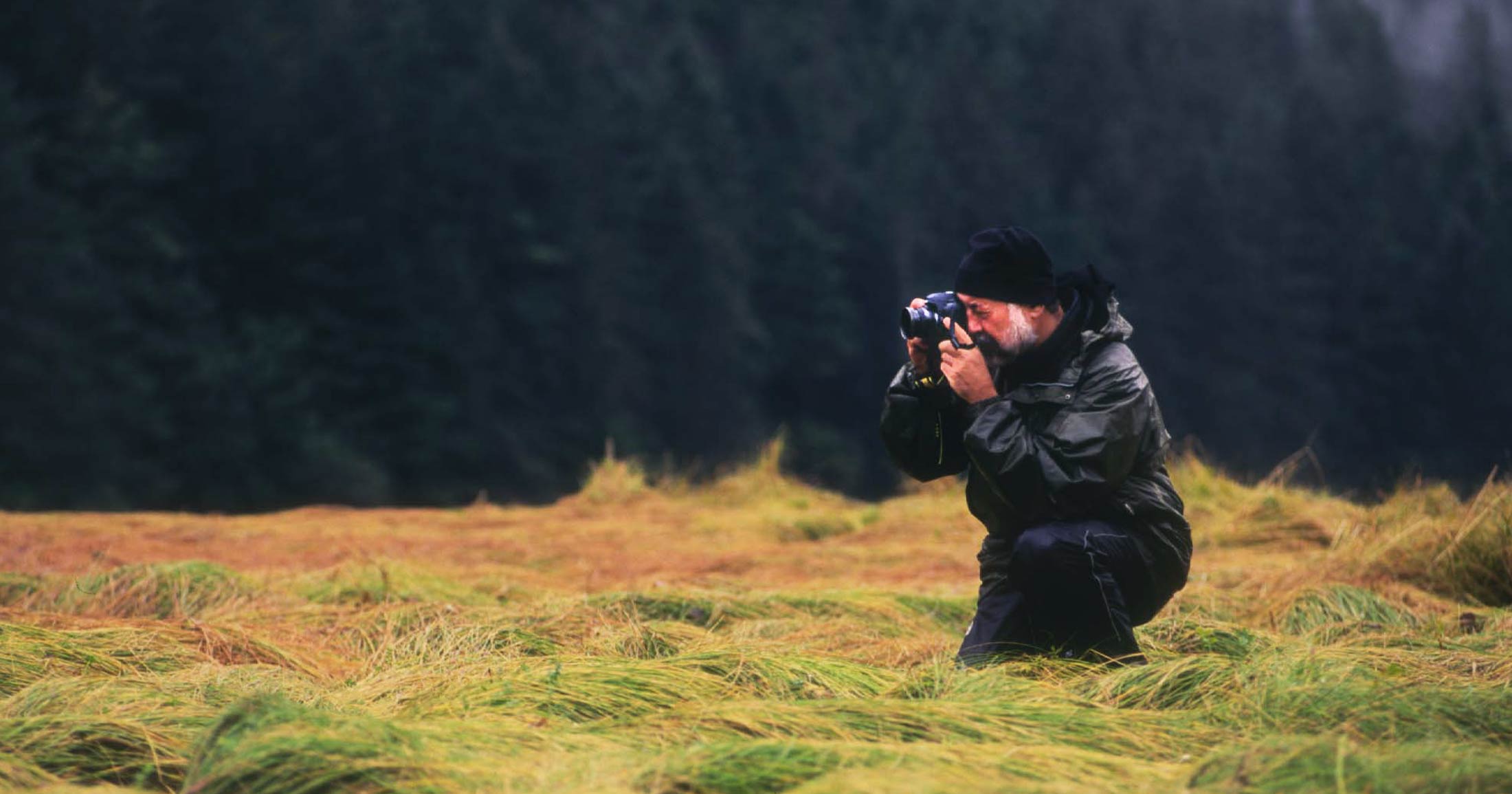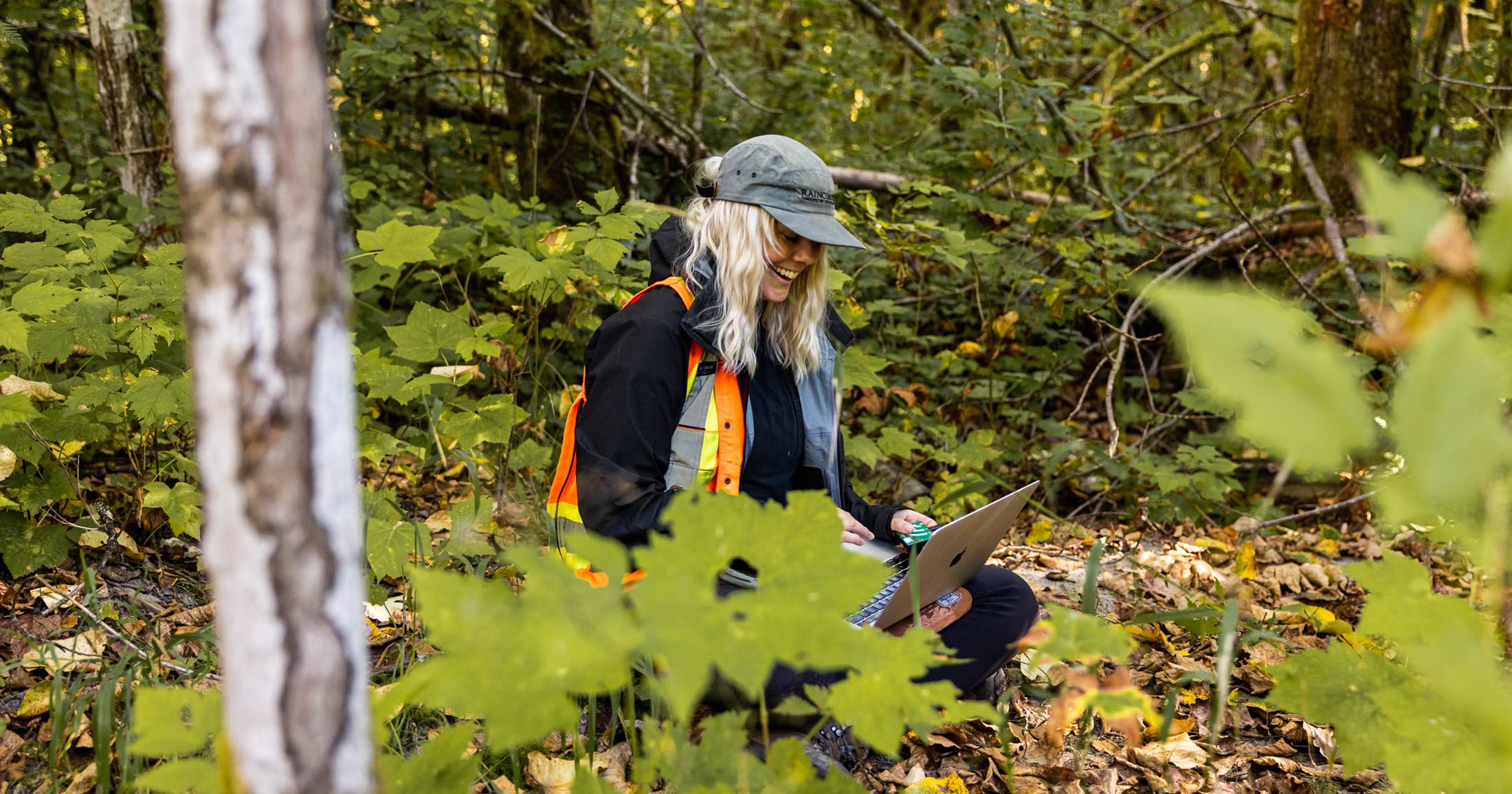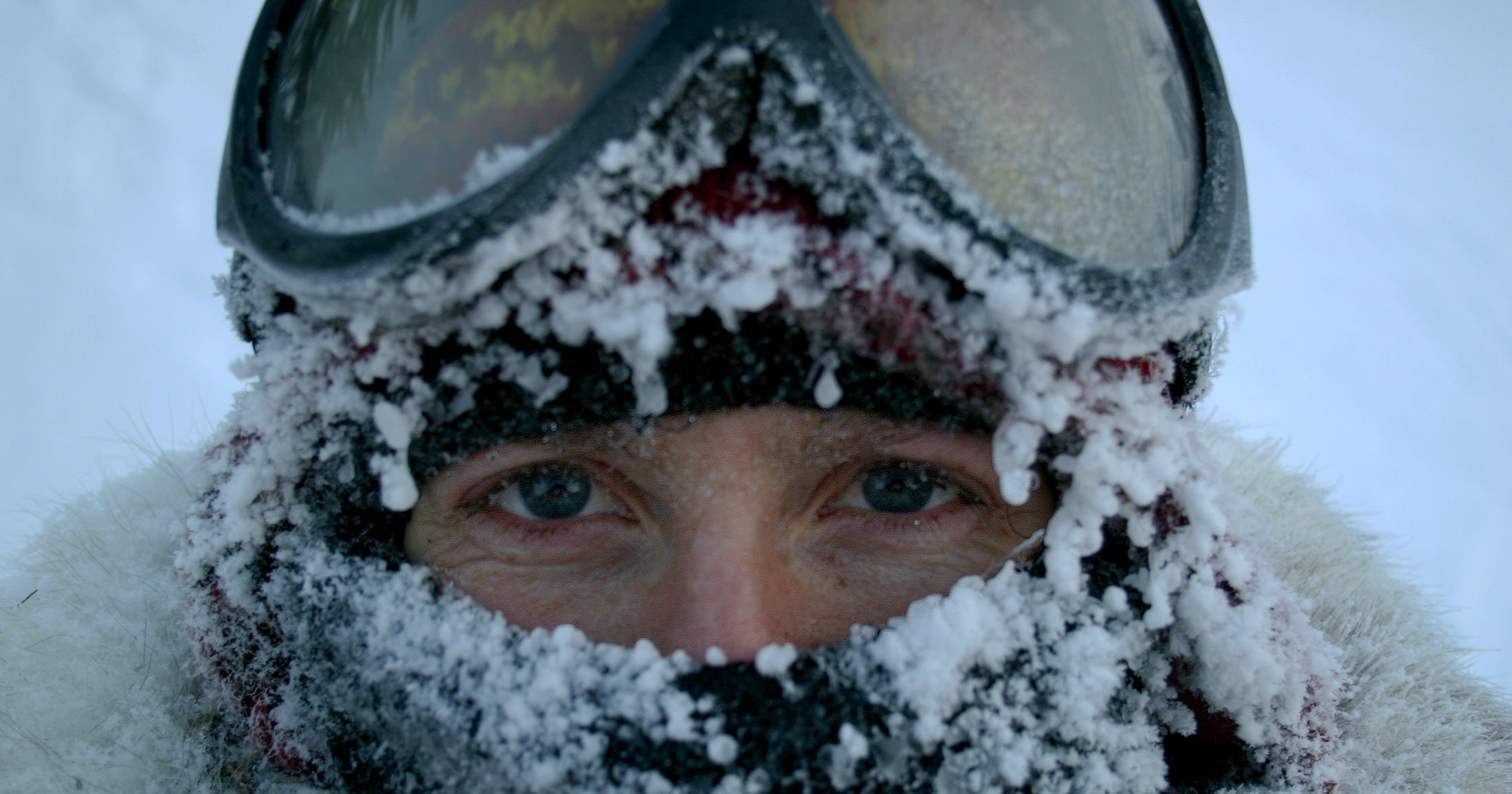DFO investigates fishermen after release of controversial video
Laryn Gilmour, CFTK TV Terrace
The DFO has announced they will be investigating fishermen shown in a controversial video released last week. The video showed fishermen violating regulations in the form of not returning chum, sockeye and other salmon species back into the water until they were dead or almost dead.
Now the DFO are asking the SkeenaWild Conservation Trust, Watershed Watch Salmon Society and Raincoast Conservation Foundation to hand over their raw footage.
But the groups say the federal government and other companies like the Jim Pattison Group are serving the fishermen up as scapegoats, so they don’t have to sit down with conversationalists to face the facts.
The Watershed Watch Salmon Society’s Aaron Hill says these few fishermen have been punished enough by releasing the video, now the DFO has to look at the situation for what it is and that’s better management services.
“They need to have way better observer coverage in the fleet, now this is the largest salmon fishery in BC this year the North Coast fishery for pink salmon and international best standards require a minimum of 20-percent of observer coverage. And in a fishery like this where you are requiring fishermen to discard such huge numbers of chum and sockeye salmon in a competitive time based fishery where the fishermen are competing to collect as many fish as possible you have to have pretty much a hundred percent observer coverage to ensure that people aren’t taking short cuts; and we have five percent observer coverage.”
At least 167-thousand salmon from prohibited species have been discarded in North Coast Salmon Fisheries this year, and another 24-thousand have been discovered dead at processing plants.
You can help
Raincoast’s in-house scientists, collaborating graduate students, postdoctoral fellows, and professors make us unique among conservation groups. We work with First Nations, academic institutions, government, and other NGOs to build support and inform decisions that protect aquatic and terrestrial ecosystems, and the wildlife that depend on them. We conduct ethically applied, process-oriented, and hypothesis-driven research that has immediate and relevant utility for conservation deliberations and the collective body of scientific knowledge.
We investigate to understand coastal species and processes. We inform by bringing science to decision-makers and communities. We inspire action to protect wildlife and wildlife habitats.


